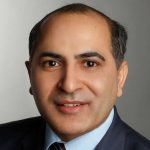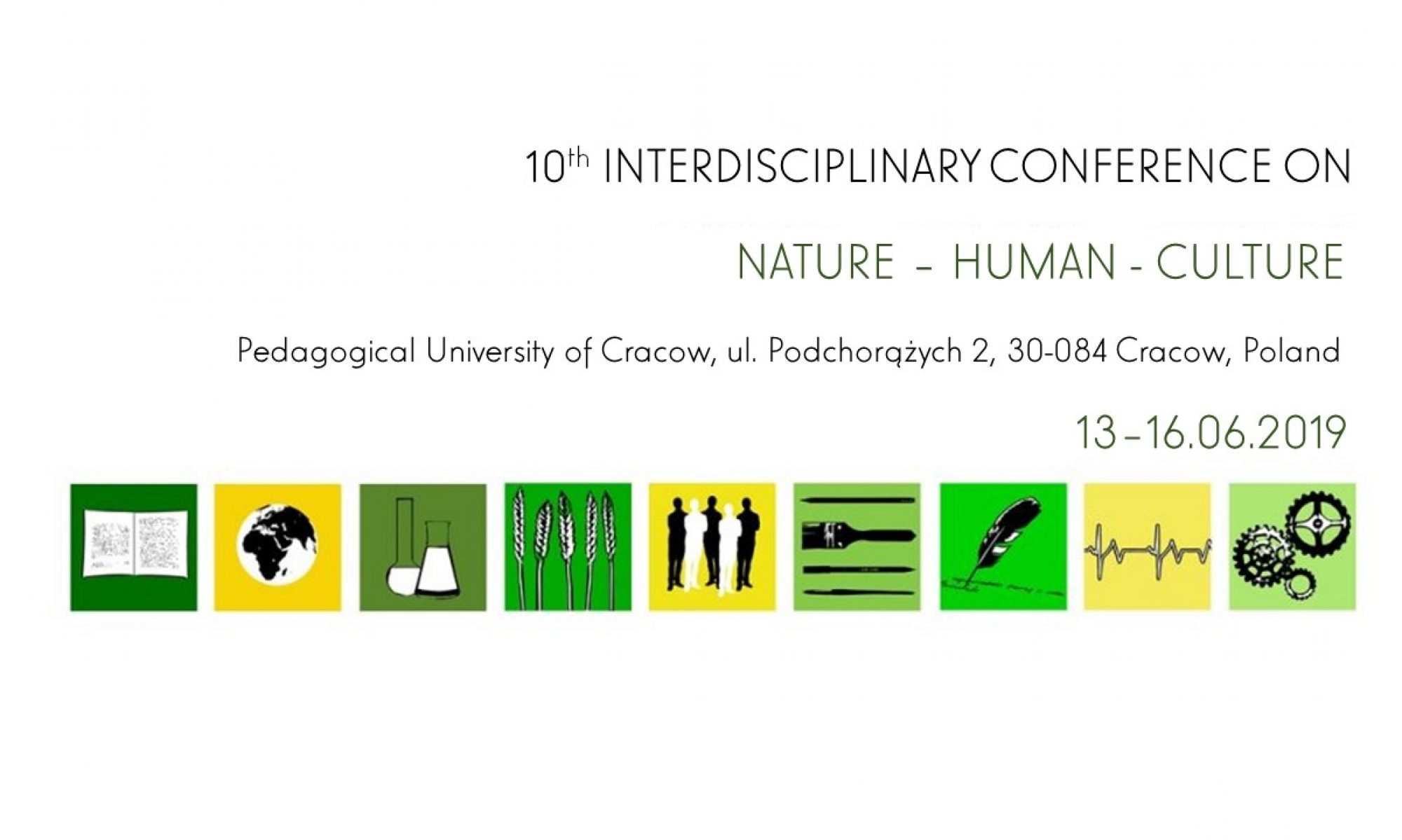
Senior Lecturer, Wittenborg University of Applied Sciences, Netherlands and CEO of Amanah Institute of Islamic Finance and Economics
Dr Muhammad Ashfaq, a German national based in Düsseldorf, is the CEO of Amanah Institute of Islamic Finance and Economics with offices in Germany and Pakistan. He is widely recognized as an outstanding and experienced Islamic finance expert with more than 13 years of international experience. Dr Ashfaq is the sole author of the book “Islamic Banking and Finance in Europe: the Case of Germany and United Kingdom”. He has contributed to the development of the Islamic financial industry through his cutting-edge research, industry specific trainings and global initiatives for human capital development and organizational capacity building. Dr Ashfaq has also conducted a number of lectures and facilitated training programs for many financial, academic and multinational institutions on the topic of Islamic banking and finance, Islamic microfinance, Islamic insurance (takaful) and Islamic law. He also conducted a TV lecture series on Islamic finance for Paghiam TV Network. Dr Ashfaq is certified coach and consultant from HDW Network (NRW) Germany and certified Train the Trainer from the Australian Centre for Education and Training (ACET) Melbourne. He has earned certification in Innovation Management and Entrepreneurship from International Summer University Carinthia, Austria.
Dr Ashfaq has spoken on the topic of Islamic banking and finance at conferences in more than 30 countries worldwide, and has served as a peer-review referee for a number of international conferences and journals. In pursuit of his passion, Dr Ashfaq is currently a visiting faculty member of the international MBA program at the Wittenborg Business School in the Netherlands, where he regularly teaches courses in finance and management. He is a visiting lecturer in Islamic finance at Coburg University, Germany.
Dr Ashfaq earned his doctor of philosophy on the topic: “Knowledge, Attitude and Practices toward Islamic Banking and Finance: An Empirical Analysis of Retail Consumers in Germany” from the University of Tübingen Germany. Dr Ashfaq holds an MBA in Financial Management from Coburg University in Germany, a Post Graduate Diploma in Islamic Banking and Finance and an MBA in Banking and Finance. He was awarded the Young Scholars Research Award by the Bilkent University, Turkey in 2015 for his cutting-edge research contribution to the area of Islamic finance. He was also awarded prestigious LGFW (Baden Württenberg Government Germany) scholarship for his Ph.D. at University of Tübingen, Germany. Furthermore, he is the co-editor of “In Welcher Gesellschaft Wollen wir Leben? Befunde zu Wirtschaftsethik in der globalisierten Gesellschaft Grundsätzlich Überlegungen aus Theorie und Praxis in Wirtschaft, Recht und im Speziellen in Ethical Finance & Islamic Banking” a book published in German and English by Rainer Hampp Verlag, Germany. He is also the Founding Editor-in-Chief of the Global Business Magazine & News. He speaks three international languages including German, English and Urdu.
Abstract : Role of Technology for Sustainable Global Development
The global economy has witnessed significant changes in the last decade however the current transformation process in various sectors of the global economy is unprecedented and exponential. Financial Technology (commonly known as “FinTech”) which is one of the megatrends is attracting a great deal of attention from consumers, investors, banking and finance professionals, investment industry, asset managers, policy makers, microfinance professionals and regulators across the globe. FinTech can create a new economy, new market and new growth in the financial sector by enhancing financial inclusion. It has enormous potential to enhance financial inclusion to under-banked populations across the world and reduce growing poverty. However, rapidly growing technology platforms are also disrupting the financial industry including Islamic Finance. Technology
This keynote speech aims to shed light on the factors including automation, robotization, digitization etc. that are changing the global economic landscape and its implications for growing population, economy, society and on individuals (new jobs will be created but several jobs are in danger). This speech also intends to highlight financial tools such as social finance to uplift the living standards of poor people and will also outline policy suggestions to achieve sustainable development goals. The speaker will also be sharing the application of technology by different governments to address societal issues.
